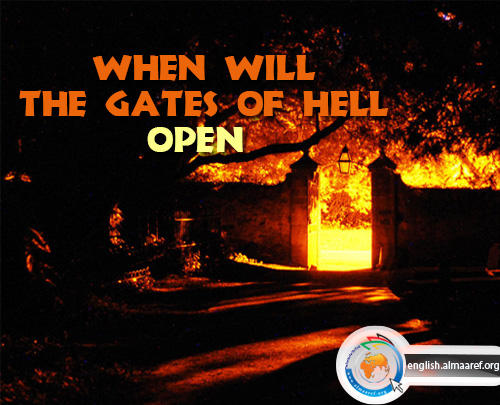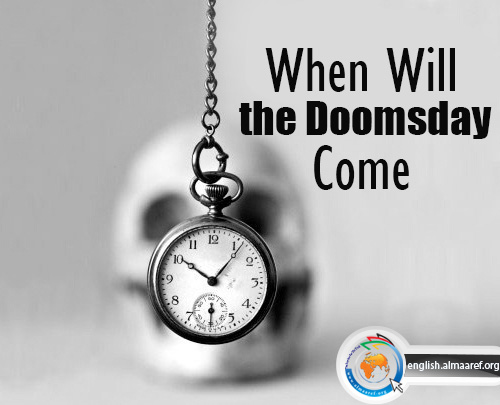Before we proceed with the proofs of the possibility of the eternity of man, it is necessary that we clarify what is our view with respect to life after death and the eternity of man. Just as one's impression regarding a matter, differs from person to person, views and opinions about life after death also differ. Here, four views worthy of attention exist.
1- We find for ourselves, in the traces or the people that remain after our deaths, a living presence, and in this way attain eternity. We call this view, Eternity in Reminiscence. Industrialists, craftsmen, writers and artists leave behind traces and memories of themselves (such as their beliefs, hopes, tragedies and ideologies). They hope that whatever they have created, attain a stable value and position so that their names attain a life, which is much longer than their own. Others, due to the traces, which they leave on the pages of history, become eternal.
2- Man prolongs and continues his existence within his offspring and progeny and in this way becomes eternal. Man has got a yearning for eternity and non-acceptance of extinction, and the reproduction of offspring is a means of escape from the feeling of failure resulting from the realization of the inevitable extinction of man. We seek the extension of our lives in the lives of our children. Very many people yearn to have a male child so that their family names continue to remain. They name their children after themselves or their ancestors and pressurize their children to accept their beliefs, ideals, objectives, and to choose their profession.
3- After death, we experience union with the Ultimate Truth, which ultimately is Unity. That is, we in our worldly lives have forgotten our fundamental oneness and unity with The One Entity (God) and have erred in our thinking that we are distinct and separate to The One Entity. One day we shall realize that our separation from The One Entity was nothing but a misconception and with the freedom (from this misconception), we shall, once again, unite with Him.
4- It is possible to call the fourth view as “Individual life, after death”. According to this view, individuals after the physical death, either continues their own lives or after a period of time, start their own lives once again.
For each of these four views, especially the third and the fourth, it is possible to have different interpretations, such that, some of the interpretations can portray the Islamic concept of Resurrection to a certain extent.
However, it should be noted that the first and the second view shall not be the focus of attention, because, firstly: Our view and that of all the other Divine religions regarding Resurrection cannot be the first two views but a wider, subtler, more transcendental and more ethical than them. Secondly: With respect to the first two views, we do not have any conflict with the materialists and the deniers of resurrection, in the meaning that even they accept these two views. Thirdly: The first view does not include all the people, but is restricted to craftsmen, actors, writers and... Whereas the resurrection under consideration of Islam and the Divine religions includes all the people. On the other hand, the second view lacks the moral and spiritual aspects, which is anticipated as a result of the belief in Resurrection. In other words, belief in Resurrection is regarded to be the source of spirituality and virtues, whereas, according to the second view, this most fundamental result is conveniently forgotten.
The third view, in spite of the fact that it is, fundamentally, not incompatible with the beliefs of Islam and the Divine religions regarding resurrection, and can be accepted in general, but all the same it is not possible that the Islamic view on Resurrection be summarized as the third view, especially, considering the problems that this view is encountering. For example, according to this view, man, after death gets united with the One Entity and in that state, is unaware of his individuality or even his distinction, similar to a drop which unites with the ocean. In this assumption, the drop unites with the One Whole; however, its identity does not remain protected.
Therefore, it must be said that our discussion is restricted to the 4th view among the meanings of Resurrection - of course, by taking into consideration the explanations and particularities that shall be propounded in the course of the discussion.
* Eternity of Man by A Group of Researchers - Institute of Islamic Studies (London). Published in U.K., 2000 by: The Islamic Studies Press, Institute of Islamic Studies (London). Affiliated to the Islamic Centre of England (London) www.ic-el.org. Reproduced with permission by the Ahlul Bayt Digital Islamic Library Project team.




















